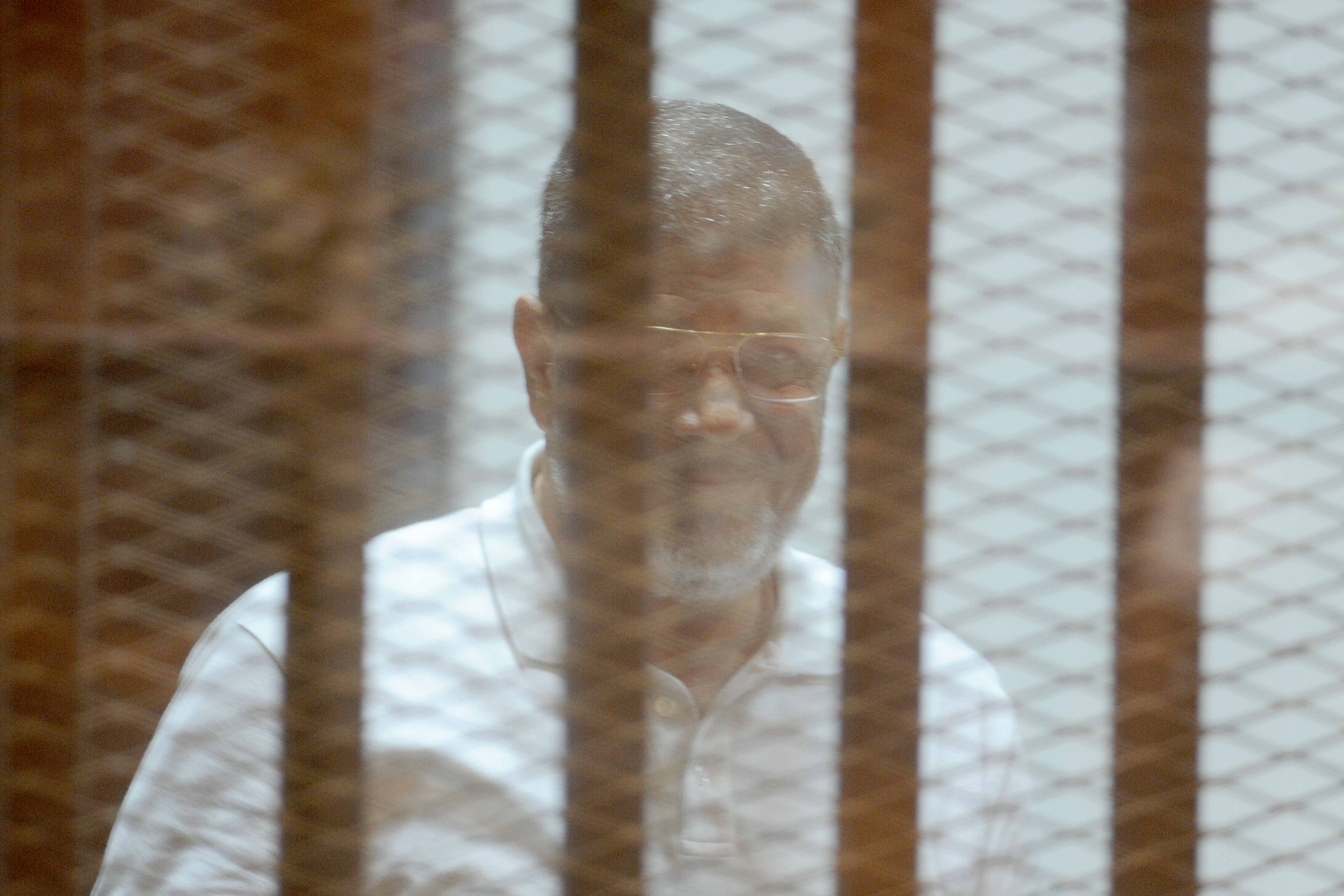For the seventh day in a row, protesters in Iran are taking to the streets across dozens of cities, forming the biggest challenge to the Islamic regime there in years and leading to the killing of 21 people.
The protests started on 28 December in Mashhad and unexpectedly spread to dozens of cities across the country. State media reported that at least several hundred people have been arrested.
Iranian Supreme Leader Ayatollah Ali Khamenei has blamed “enemies” of the country for trying to weaken the regime.
“The enemies have united and are using all their means, money, weapons, policies, and security services to create problems for the Islamic regime,” he told state television. “The enemy is always looking for an opportunity and any crevice to infiltrate and strike the Iranian nation.”
Iran also accused the United States of inflaming and inciting the protests.
US President Donald Trump continued to tweet on the protests despite criticism from many Iran experts that his comments are counterproductive.
He said the “people of Iran are finally acting against the brutal and corrupt Iranian regime.”
Meanwhile, US Ambassador to the UN Nikki Haley said the United States called for the UN Security Council and Human Rights Council to meet to discuss the situation in Iran.
The current wave of demonstrations is the largest Iran has seen since 2009, when massive protests found support among middle-class Iranians angry over voter fraud in the election that year and were led by reformist election candidates.
The 2009 protests were largely centered in Tehran, unlike this current wave of protests, which is stronger in provincial areas.
Many of the protest chants are calling for the downfall of the entire Islamic regime, unlike the 2009 protesters, who sought to strengthen reformists and work within the system.
In January 2016, the economic sanctions on Iran were officially lifted after the International Atomic Energy Agency (IAEA) said Iran had committed to the deal signed in 2015 with several countries to limit its nuclear activities, where Rouhani said Iran opened a new page in its ties with the world and described the incident as a “golden page” in Iranian history, and a “turning point” for its economy.
However, after Trump took office, relations between the two countries have deteriorated.


